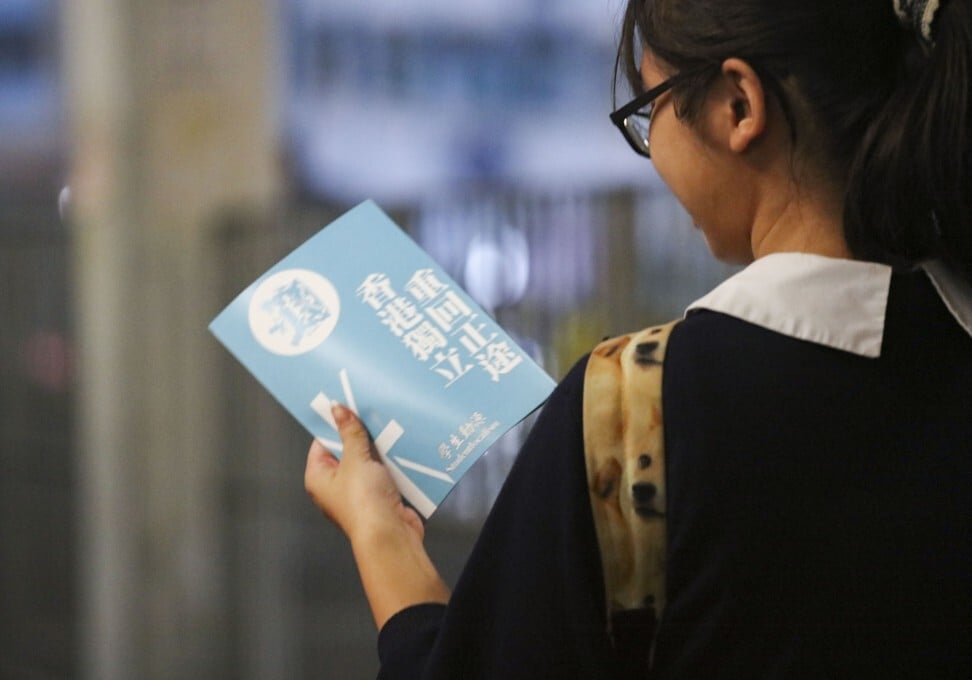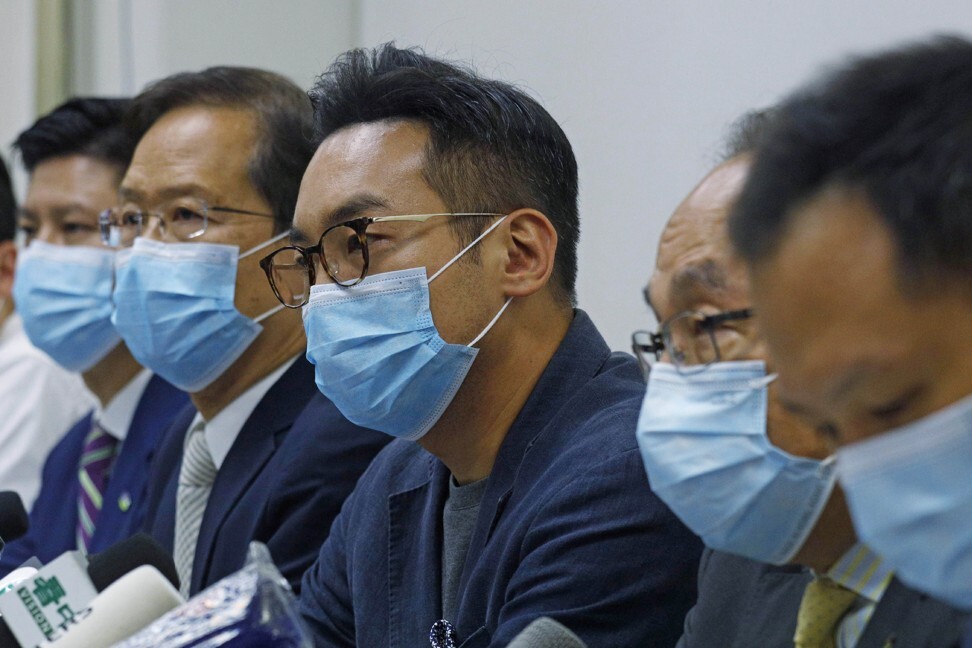
Beijing’s defence of national security in Hong Kong should be open and above board
- Arrest of four students said to be linked to an overseas-based pro-independence group underlines how far-reaching the national security law can be, and how unclear the red lines are
- Questions are raised, too, over the postponement of Legco elections and Beijing’s response to the UK’s offer of a citizenship path to Hongkongers
As I lay in bed, trying not to think about what ghastly fate awaits them if convicted, a question kept popping up: how can four youngsters aged 16 to 21 possibly pose a security threat to China, a superpower?
That is mission impossible. But I guess the law is the law. If the police believe you have crossed a red line, you will be arrested regardless of age. Advocating independence, even if you have no means to achieve it, is a red line under the security law.

The law troubles me because I think it’s too sweeping, too vague, and too un-Hong Kong, but I am on the record as saying I oppose independence, and laws must be observed. The trouble with this law is that too many Hongkongers feel there are too many unclear red lines. It’s like trying to navigate a minefield. One wrong step and “boom”.
Elections delay may boost public distrust of Hong Kong government, group warns
That Zhang met only loyalists was expected. But why not even acknowledge his visit? Why were those he met so tight-lipped? Extending Legco’s four-year term is a weighty constitutional issue which only the National People’s Congress can handle.

Only the NPC has the power to provide answers, which are likely to come during its four-day meeting starting on Saturday. Zhang came here only to collect views. But given the city is now on constitutional thin ice, Hongkongers deserve openness, not Zhang secretly huddling with loyalists.
About 350,000 Hongkongers have BN(O) passports and another 2.5 million are eligible. Didn’t Lam say most Hong Kong people support the security law? Didn’t Beijing say it would only affect a small minority of people?
How will London’s plan to relax visa rules affect BN(O) passport holders?
Could it be a fear of possible mass migration? If Beijing carries out its threat, the security law will not only affect a small minority. It could potentially affect more than 2.8 million law-abiding BN(O) passport holders.
Michael Chugani is a Hong Kong journalist and TV show host

